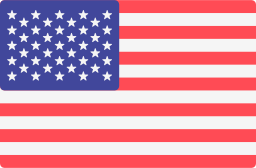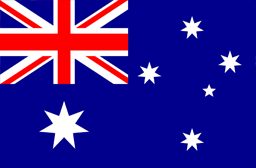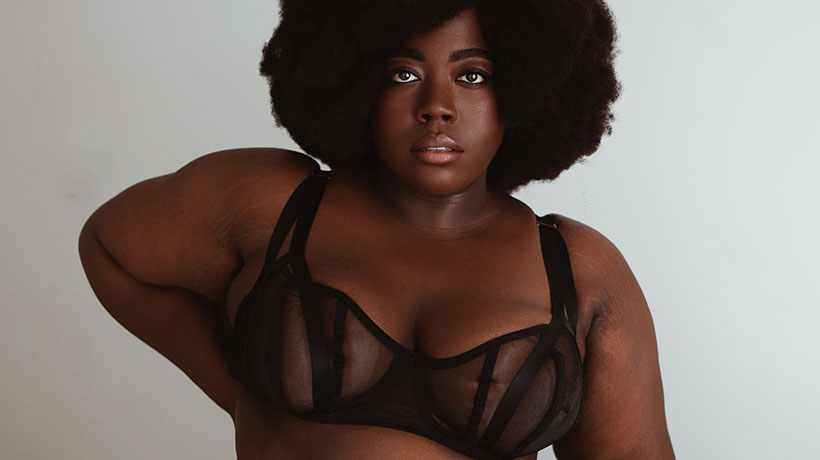In her book ‘Fattily Ever After’, Steph shares her experience as a plus-size black woman in the fashion industry, addressing the need for better representation of different body shapes and sizes, as well as a wider and more inclusive range of skin tones.
Dedicated to empowering her audience, Steph’s Instagram feed is beaming with refreshing posts on her journey to self-love and embracing every inch of her body.
First things first, please introduce yourself!
My name is Stephanie Yeboah and I am an award-winning content creator, journalist, body image advocate and author of my debut novel ‘Fattily Ever After’!
Tell us, what makes you feel empowered in your body and your sexuality?
Lingerie has always had a way of making me feel super confident in my body; being able to wear fabrics and designs that have historically only ever been accessible to smaller bodies not only makes me feel included, but it accentuates my curves in a way that makes me feel sexy. On the other end of the scale, chilling out at home in an oversized shirt and house socks makes me feel comfortable, cozy and super present in myself and my body, and there’s nothing sexier than someone feeling at peace in their body!
In your book ‘Fattily Ever After’ you describe how you used to wear clothes as a way of covering up. Fast forward to now, you’re a body positive fashion activist. When/what changed for you?
When I realised that putting my body through severe trauma in a bid to stay thin was extremely counter-productive, I decided to learn how to love myself and my body through thick and thin. The opinions and unsolicited comments on others over my body were irrelevant, and only served to impart shame over my appearance, instead of love and acceptance. When I was younger and a lot more insecure, I used clothes as a way to hide my frame as I hated the thought of people being able to see the outlines of my curvy body. Now, I like to take any opportunity to show off my body and celebrate its curves, wobbles, rolls and stretchmarks. I do this in a bid to normalise bigger bodies and to show that we are capable of dressing stylishly and loving ourselves loudly!
How do you feel inclusivity for plus size women has changed on social media, and in the fashion industry as a whole over the years?
There have been changes with regards to brands expanding or creating clothing for plus size women, however there is still so much to be done in this area. The pioneers of the body positive movement were predominantly larger fat women who were a size 24 and over, however there are still brands who create plus size pieces that stop at a size 20, or 22 which is only the tip of the iceberg. It still greatly leaves out larger fat women who also want and need access to the same pieces that everyone else gets to wear. It’s not enough that larger fat women are still seen as an afterthought.
This also goes for social media, campaigns and marketing for plus size women. It’s great that we now have plus size models, however there is still a limit to how big plus size models can be and at the moment, that limit seems to be between a size 16-18, which in and of itself is barely plus size. It would be great to see models and people in campaigns who have bodies that aren’t just seen as ‘acceptable fat’. All bodies deserve representation and until we get to that point, there is a lot of work we still have to do.
A lot of people see lingerie as something to wear for a significant other, we know you feel strongly about wearing lingerie for yourself! Why is that so important to you?
It’s important to wear lingerie for yourself because you need to define and identify what makes you feel sexy without having to depend on the male gaze to make you feel that way. We can activate our sensuality and learn what it means to be confident and practise self-love without having to have validation from our partners. Sure, said validation is a nice compliment - but it shouldn’t make up the entirety of the Sundae, it should merely be the cherry on top of an already-complete dessert of self-love.
What’s your self love mantra?
There is no weight limit on beauty, and it’s important to speak to your body in a loving way; it’s the only home we have and it deserves our respect.

























